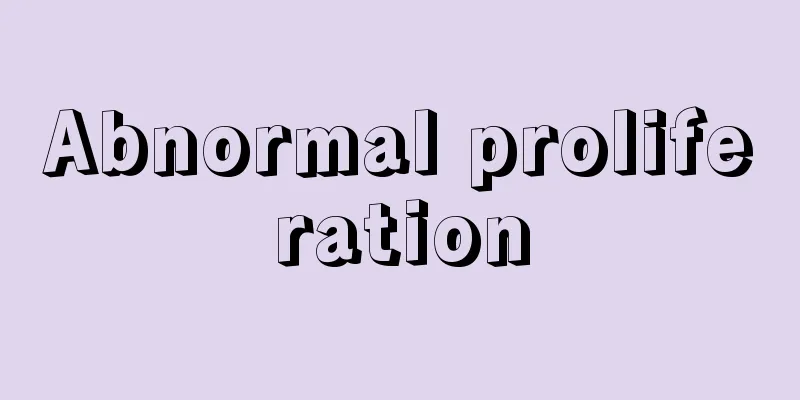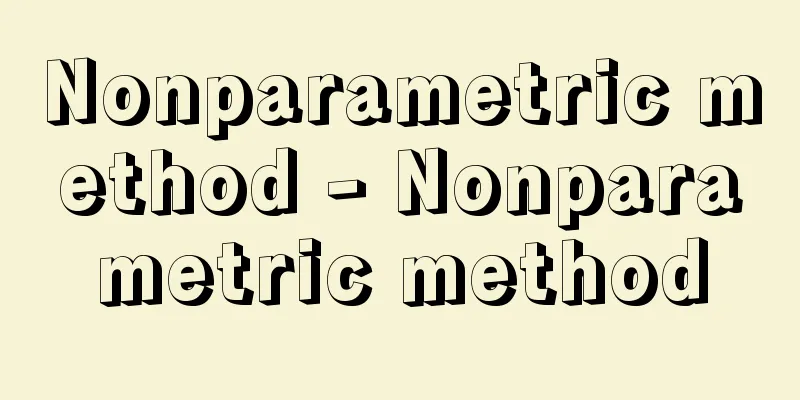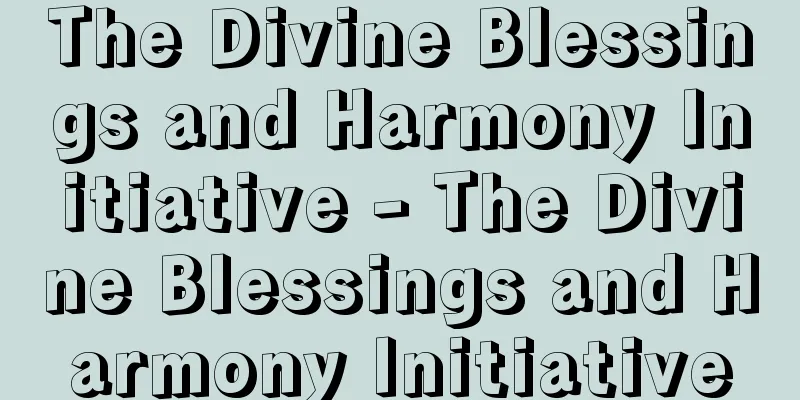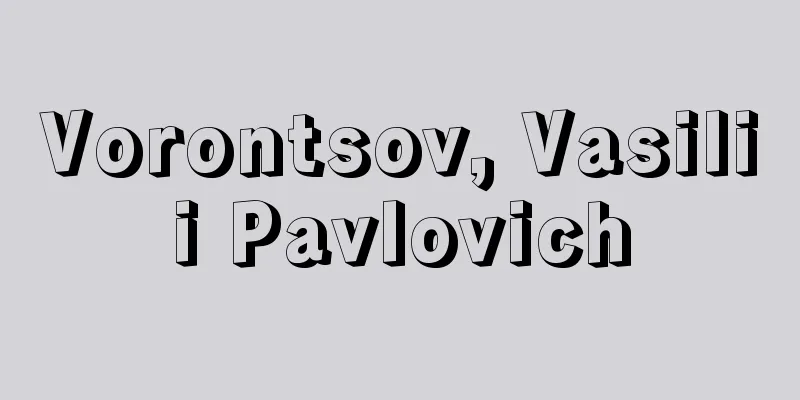Opera

|
It is translated as opera. It is a general term for theatrical works with music (solo, duet, chorus, orchestra, etc.) that developed in Europe. What was originally called drama with music became opera in musica (work with music) in the mid-17th century and was abbreviated to opera. Peri's Daphne, performed at the Camerata in Florence in 1598, is considered to be the first opera as we know it today. The form, which moved away from polyphony and placed emphasis on words and focused on solo singing accompanied by basso continuo, was quickly perfected by Monteverdi in Venice, and the style of early Baroque opera was established. It was further inherited by A. Scarlatti and Pergolesi in Naples and spread to other countries, with Lully and Rameau in France, Purcell in England, and Gluck, Mozart, and Beethoven in Germany and Austria contributing to its development. In the 19th century, Rossini, Donizetti, Bellini, Puccini, Mascagni, and Leoncavallo in Italy, and Weber in Germany pioneered the path of Romanticism in opera, while Gounod and Thomas emerged in France, but the greatest achievements were made by Verdi in Italy and R. Wagner in Germany. On the other hand, Glinka, Tchaikovsky, Mussorgsky, and Rimsky-Korsakov in Russia, and Smetana in the Czech Republic, left works that clearly expressed their ethnic colors. Later opera was continued by Janacek, Debussy, and R. Strauss, and a wide variety of works were written by Schoenberg, Bartók, Stravinsky, Berg, Weill, Gershwin, Dallapiccola, Shostakovich, Britten, Henze, BA Zimmermann, A. Reiman (1936-), Schnittke, and others. In Japan, notable operas were produced by Mamiya Yoshio, Matsumura Teizo, and others, starting with Dan Ikuma's "Yuzuru" (premiered in 1952) and Shimizu Osamu's "Shuzenji Monogatari" (premiered in 1954). Since the 1990s, works by Chinese composer Tan Dun (1957-) have been produced. The opera form is expanding its possibilities outside of Europe and the United States. Since the appearance of Felsenstein and W. Wagner, the presence of opera directors has also increased. Operas are classified according to style into opera seria (Italian serious opera with a tragic theme), opera buffa (comic opera derived from interlude kyogen), grand opera (French serious opera; broadly speaking, it refers to a large-scale opera with an epic theme), opera comique (a form of French opera with narration), singingspiel, music drama, operetta, etc. →Aria/Overture/Sinfonia/Musical/Recitative→Related topicsWolf-Ferrari|The Bartered Bride|Auber|Caccini|Orchestra|Intermezzo|Gluck|Zarzuela|Strauss|Absolute Music|Cimarosa|Dittersdorf|Don Giovanni|Paisiello|Purcell|Program Music|Vecchi|Peri|Pergolesi|Boieldieu|Monteverdi|Rossini Source : Heibonsha Encyclopedia About MyPedia Information |
|
歌劇と訳す。ヨーロッパで発展した音楽(独唱,重唱,合唱,管弦楽など)による劇作品の総称。初め音楽によるドラマと呼ばれたものが,17世紀中ごろからopera in musica(音楽による作品)となってオペラと略された。1598年にフィレンツェの〈カメラータ〉で上演されたペーリ作の《ダフネ》が現在のようなオペラの最初とされる。ポリフォニーを離れ言葉を重んじ,通奏低音を伴う独唱を中心とした形式は,次いでベネチアのモンテベルディによって早くも完成の域に達し,初期バロック・オペラの様式が確立された。さらにナポリのA.スカルラッティ,ペルゴレーシへ受け継がれるとともに各国にも普及し,フランスのリュリ,ラモー,英国のパーセル,ドイツおよびオーストリアのグルック,モーツァルト,ベートーベンらが発展に寄与した。19世紀になるとイタリアではロッシーニ,ドニゼッティ,ベリーニ,ベリズモのプッチーニ,マスカーニ,レオンカバロ,ドイツではウェーバーがオペラにおけるロマン主義の道を開拓し,フランスではグノー,トーマらが出たが,中でもイタリアのベルディとドイツのR.ワーグナーの業績が大きい。また一方では,ロシアのグリンカ,チャイコフスキー,ムソルグスキー,リムスキー・コルサコフ,チェコのスメタナらが民族色を鮮明に打ち出した作品を残した。その後のオペラはヤナーチェク,ドビュッシー,R.シュトラウスらによって継承され,以後シェーンベルク,バルトーク,ストラビンスキー,ベルク,ワイル,ガーシュウィン,ダラピッコラ,ショスタコービチ,ブリテン,ヘンツェ,B.A.ツィンマーマン,A.ライマン〔1936-〕,シュニトケなどの多様な作品が書かれた。日本では団伊玖磨(だんいくま)の《夕鶴》(1952年初演),清水脩の《修禅寺物語》(1954年初演)などを先駆として間宮芳生,松村禎三らの注目すべきオペラが生まれ,1990年代以降は中国の作曲家譚盾(タン・ドゥン)〔1957-〕の作品などが誕生。オペラという形式は欧米以外の地でもその可能性を拡げつつある。フェルゼンシュタインやW.ワーグナーの登場以来,オペラ演出家の存在も重みを増した。なおオペラはスタイルによって,オペラ・セーリア(悲劇的題材のイタリア正歌劇),オペラ・ブッファ(幕間狂言に由来する喜歌劇),グランド・オペラ(フランス正歌劇。広義には,叙事詩的な題材による大規模なオペラをいう),オペラ・コミック(語りが入るフランス・オペラの一形式),ジングシュピール,楽劇,オペレッタなどに分類される。→アリア/序曲/シンフォニア/ミュージカル/レチタティーボ →関連項目ウォルフ・フェラーリ|売られた花嫁|オーベール|カッチーニ|管弦楽|間奏曲|グルック|サルスエラ|シュトラウス|絶対音楽|チマローザ|ディッタースドルフ|ドン・ジョバンニ|パイジェロ|パーセル|標題音楽|ベッキ|ペーリ|ペルゴレーシ|ボイエルデュー|モンテベルディ|ロッシーニ 出典 株式会社平凡社百科事典マイペディアについて 情報 |
Recommend
Ashur Nasir App - Ashur Nasir App
…This king left detailed accounts of wars as well...
Italian Wars - Italian Wars
From 1521 to 1544, four wars were fought between ...
Degree - degree
A degree is a title given by a university or othe...
Activation - Activation
〘Noun〙① A state in which atoms, molecules, ions, e...
domed hut
...This has the minimum function for humans of ke...
Sarasa woven by the Ii family
...The patterns include trees, birds and animals,...
Car doll - Car doll
A type of puppet theater. A puppeteer sits on a t...
Centrifugal tachometer - centrifugal tachometer
...The accuracy of the clock mechanism correspond...
Okayama Castle Town
…Takamatsu is rich in historical sites from ancie...
《Frightful Agent》 - Frightful Mediator
…He wrote melodramatic and socially conscious wor...
Garry Hill
...The conclusion of Quatrephages and others was ...
Mundigak (English spelling)
A prehistoric site located in southeastern Afghani...
ASM - Air to Surface Missile
Air-to-surface (ship) missile. There are various t...
Campfire - Campfire
...It would be best if a canvas bed could be used...
Recurrence formula
When there is a sequence of numbers or a sequence ...









